
Putin Wins Presidential Election (Big Surprise)
Vladimir Putin won the Russian presidential election on Sunday with an expected landslide victory that saw him earn over 75% of the vote. With an approval rating around 80% and support from the ruling party and state media, his victory was never in question.
Putin’s fiercest rival – opposition leader Alexei Navalny – was banned from participating in the election.
Supporters view Putin as a strong leader who has restored national pride and expanded Russia’s global influence, while critics accuse him of leading a corrupt authoritarian system, illegally annexing Crimea, isolating Russia internationally, and rigging elections to stay in power.
According to reports, government authorities pressured citizens to vote to ensure a high turnout.
One Moscow city employee, who asked that his name be kept anonymous, said he considered not voting but that “the answer was easy…if I want to keep working, I vote.”
On his video blog, Yekaterinburg Mayor Yevgeny Roizman confirmed that local and state officials had received orders “from higher up” to make sure voter turnout hit 60%. In Moscow, first-time voters were rewarded with free cancer screenings and concert tickets.
There were hundreds of reports of voting “irregularities” including ballot boxes being stuffed with extra votes, CCTV cameras been obscured by flags, an election official assaulting an observer, a giant pro-Putin poster inside a polling station, and last-minute changes designed to boost turnout.
The vote was held on March 18th to coincide with the fourth anniversary of Russia’s annexation of Crimea. Several countries, including the US, refuse to acknowledge Crimea as part of Russia. Sanctions against Russia resulting from the annexation are still in effect.
Other events that have harmed relations with the West in the past month include:
- Putin shows a video of nukes falling on Florida and claims he has nukes that can evade missile defenses
- Russia uses illegal nerve agent to attack former Soviet spy
- White House announces sanctions on Russia for interference in 2016 elections
- Britain expells Russian diplomats after Russia uses a nerve agent on British soil
Far from harming Putin’s reputation, these events seem to have boosted his image as a defender against the “Russiaphobic” West.
—
Putin’s victory puts him in charge of the Motherland for another six years, which will extend his time in office to nearly 25 years. The only person to rule longer than that was Josef Stalin, who governed the Soviet Union from the mid-1920s until his death in 1953.
Putin, 65, has promised to use his new term to raise living standards and strengthen Moscow’s defense against the West. Other challenges include diversifying the economy to reduce dependence on oil and improving the country’s crumbling healthcare and education systems.
Putin will have to step down at the end of his term in 2024, as the Russian constitution prevents presidents from serving more than two consecutive terms. Numerous sources say Putin has not chosen a successor, however, which has prompted speculation that he might try to find a way to remain in power after the end of his term.
“The longer he stays in power, the harder it will be to exit,” warns Andrei Kolesnikov, a researcher at the Carnegie Moscow Center. “How can he abandon such a complicated system, which is essentially his personal project?”



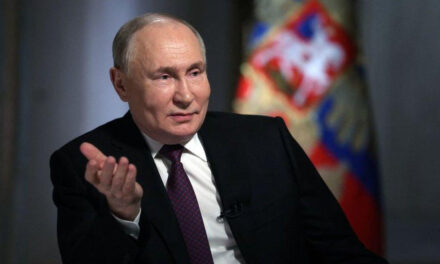












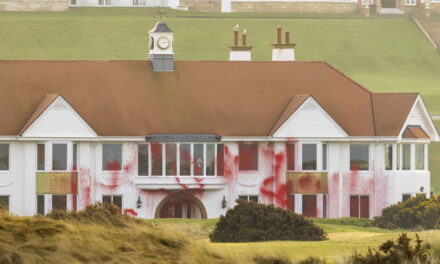
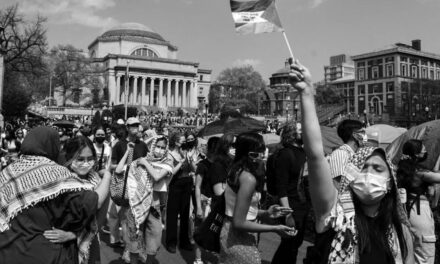






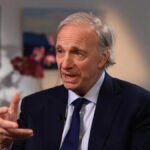

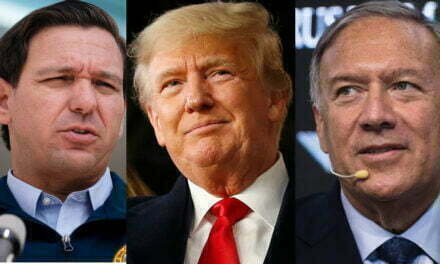
ROFL. That ass-think DANG-er is still sore - he shows it here today.
Oh you used Wiki as a source, haha. A source that anybody can log in and edit. But the claim…
What 500 dead babies? Your numbers lack evidence. Present some. Putin has done zero damage to the country. Demmies have…
Well if it was stupid to respond to, congratulations you have passed the stupidity test – since you responded. :)…
And you’re still here?